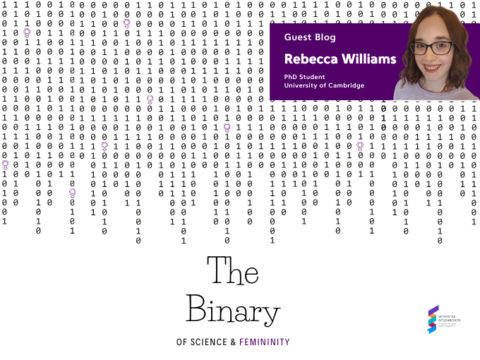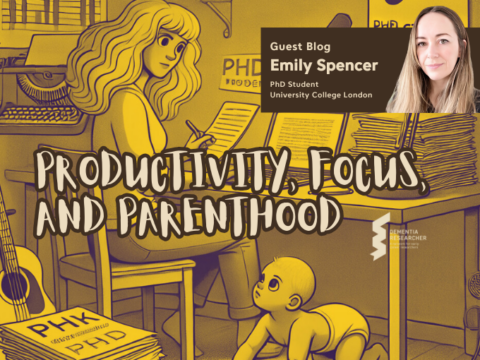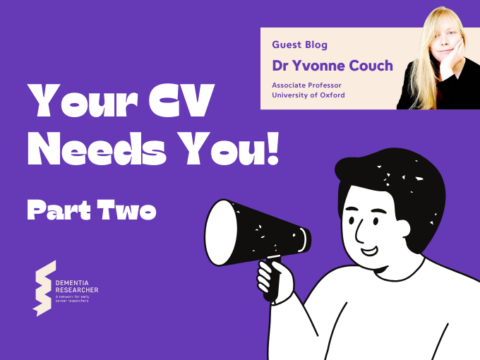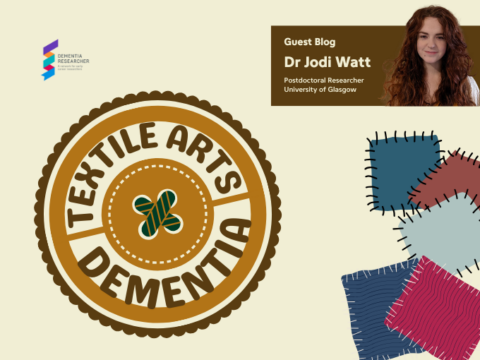There is a part of the ornate tapestry of dementia research that we don’t seem to hear about as often as other areas of study. It’s a fascinating avenue of exploration around how the resilience of the human brain can potentially protect against the onset of dementia. It’s a phenomenon called cognitive reserve and over the last few weeks I have found myself deep diving into the evidence behind this deeply interesting topic.
What is cognitive reserve?
Cognitive reserve is seen by some researchers as a kind of ‘hidden fortress’ against the incoming tide of dementia. It is built on foundations of years of knowledge, experience and social connections and it is thought it can make the brain more robust to damage. It arises from the fact that there does not seem to be a straightforward correlation between the alterations in brain tissue and the extent of damage that it does to a dementia patient. It seems that each patient has a different level of ability to adapt to changes related to brain aging or damage. It is a phenomenon that has been observed within the healthcare system for many years and has been covered by a string of published studies.
To frame that better in the context of dementia; you could take two patients of equal age with the same dementia diagnosis (AD for example) and the same levels of pathology and they will score markedly different in cognitive tasks. If we flip that around, you could also select two patients with the same extent of cognitive function and observe different levels of brain pathology. There doesn’t seem to be a golden rule that ties the extent of cognitive function to how much damage is done to the brain. So how do we make our brains more resilient to damage?
What influences cognitive reserve?
It seems we start to develop our cognitive reserve from childhood and continue to build on it throughout our life. Some of the most critical factors include our education, social interactions, how engaging our jobs are, how much we stimulate our brains outside of work – it is essentially a cocktail of our leisure, social and learning interactions. There are a number of studies out there that show correlations between decelerated brain aging/damage with things like how long you spent in education, whether you can speak multiple languages, whether you were socially active etc.
These life experiences have been shown to reduce the risk of Alzheimer’s disease by up to 40%. That doesn’t necessarily mean not developing brain changes associated with the disease, but your brain may ne more capable of managing and adapting to those changes without resulting in some of the noticeable symptoms we associate with something like AD.
What is the biology behind it?
There are a few mechanisms thought to drive the development of cognitive reserve. The first relates to something called synaptic plasticity. This relates to the ability of neuronal circuits to adapt and respond to new experiences. It is thought that it can help to strengthen existing neural connections and help promote the formation of new ones when damage is done to the brain.
A second mechanism is neural redundancy which is where the brain can possess multiple pathways that allow it to complete the same task. This can offer a buffer against damage whereby losing one neuronal circuit does not necessarily mean losing the function it facilitates. The brain may have other circuits capable of producing the same response. This relates to the third mechanism which is compensatory brain networks. This is where the brain is able to recruit alternative brain regions in order to compensate for the damage that is occurring.
What does this mean for me?
Understanding the role of cognitive reserve in dementia can give us critical insights in to how we can protect our brains against the onset of dementia. It gives us things we can do to lower our risk and that is a powerful tool. Prevention is always the best strategy for any medical problem.
It is key to engage in activities that keep your brain stimulated. Reading, puzzles, learning new skills etc. These can all help us build that critical cognitive reserve that could help us should the worst happen. If we combine that with healthy eating, regular exercise and frequent social interactions we put ourselves in a strong position to give our brains the best opportunity to age with grace. It is a case of investing in our brains today so they can look after us tomorrow.

Dr Sam Moxon
Author
Dr Sam Moxon is a Research Fellow at the University of Birmingham. His expertise falls on the interface between biology and engineering. His PhD focussed on regenerative medicine and he now works on trying to develop 3D bioprinting techniques with human stem cells, so that we better understand and treat degenerative diseases. Outside of the lab he hikes through the Lake District and is an expert on all things Disney.

 Print This Post
Print This Post





